Although wearing face masks, social distancing, and putting things on hold may not be enjoyable, the current COVID-19 case numbers reported around the globe demand it. Per healthcare professionals and scientists, the pandemic can only end with a vaccine so we’re excited to see that COVID-19 trial vaccines have entered the final stage of testing.
The search for a vaccine began in April, with swift progress. Scientists optimistically announced that a vaccine could be available by the fall. Recent reports on the vaccines suggest this may be possible, with some vaccines entering the final stage of testing.
Vaccines are Entering Phase III Trials
On July 27, 2020, two vaccines for COVID-19 entered the final stage of testing. For the testing, more than 30,000 individuals have volunteered to participate in the trials. The goal of this stage is to ensure that the vaccine is safe and effective for global distribution.
Pharmaceutical l company Pfizer and biotechnology company Moderna are behind these vaccines. Moderna’s study, which is backed by the National Institutes of Health, will be administered to nearly 30,000 individuals. Both parties have stated that, although they hope to have the vaccine ready for public use as soon as possible, testing is essential and the safety of individuals will not be sacrificed for the sake of speed.
Success in a Double Dose
The vaccines require those receiving them to get not one, but two doses. While most individuals in early trials were immune after the first dose, all participants gained immunity following a second shot.
Researchers still aren’t sure how long the vaccine will last. This is the type of information that is dependent on time and something that researchers hope to learn more about in the final stage of testing. All researchers can do now is wait. Should the vaccine fizzle out, the solution might be as simple as a third dose.
Testing a More Diverse Pool Will be Necessary
Because those involved in trials are volunteers, it can be hard to test a diverse population of individuals. Scientists hope they will be able to gain insight into how potential vaccines might affect patients with certain diseases and illnesses or older individuals over time. Because these populations are at a higher risk for contracting COVID-19, it’s essential that the vaccine works for them as well.
Resources are Being Pooled for the Cause
COVID-19 has created financial issues for many industries. The field of science is not exempt. Research funding and resources are being allocated towards the search for a COVID-19 vaccine. With little to no funding, many scientific and medical studies have been put on halt. According to data from April, more than 400 medical studies that were in progress during the time of COVID-19 have been dropped.
What does that mean for those who would benefit from the findings of such studies? It means, like everything else touched by COVID-19, that there will be a delay in progress and with it, a change of plans for those depending on such research to improve the state of their well-being.
With vaccines entering the final stages of testing, it’s possible that funding will be available for other medical testing soon.
Interested in learning more about infectious diseases like COVID-19?


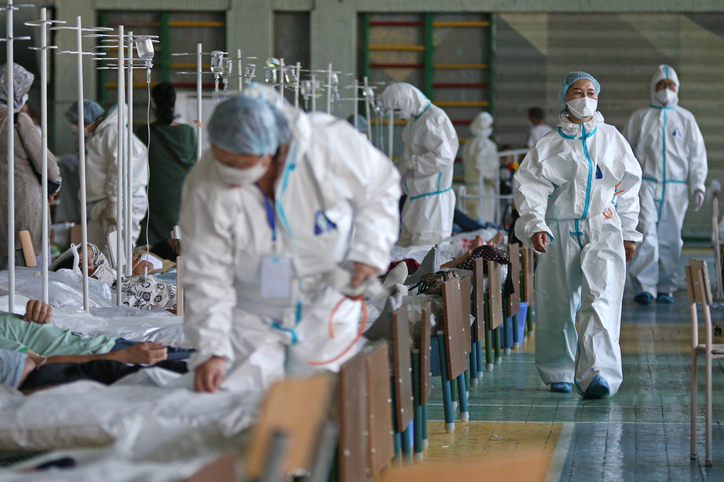
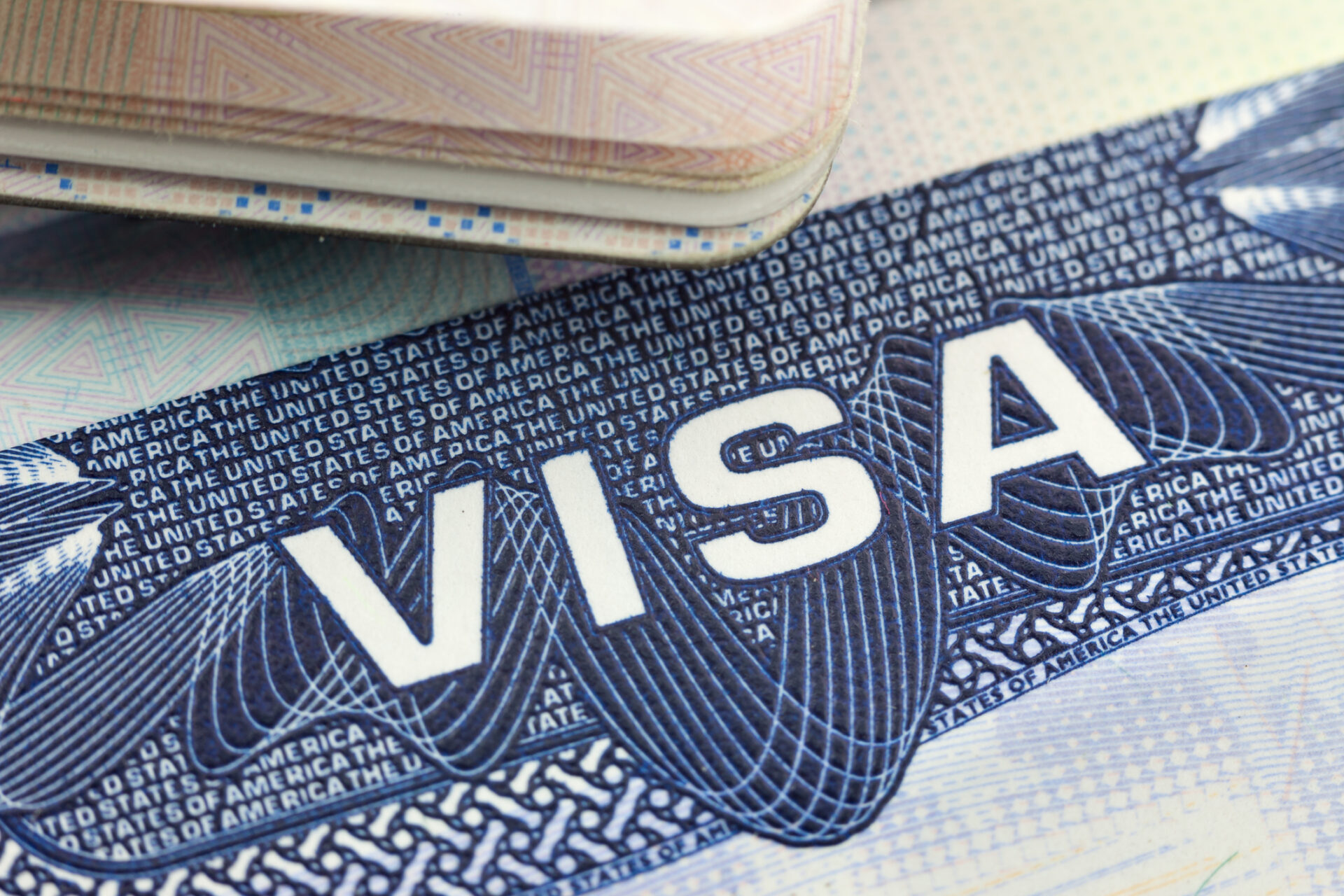
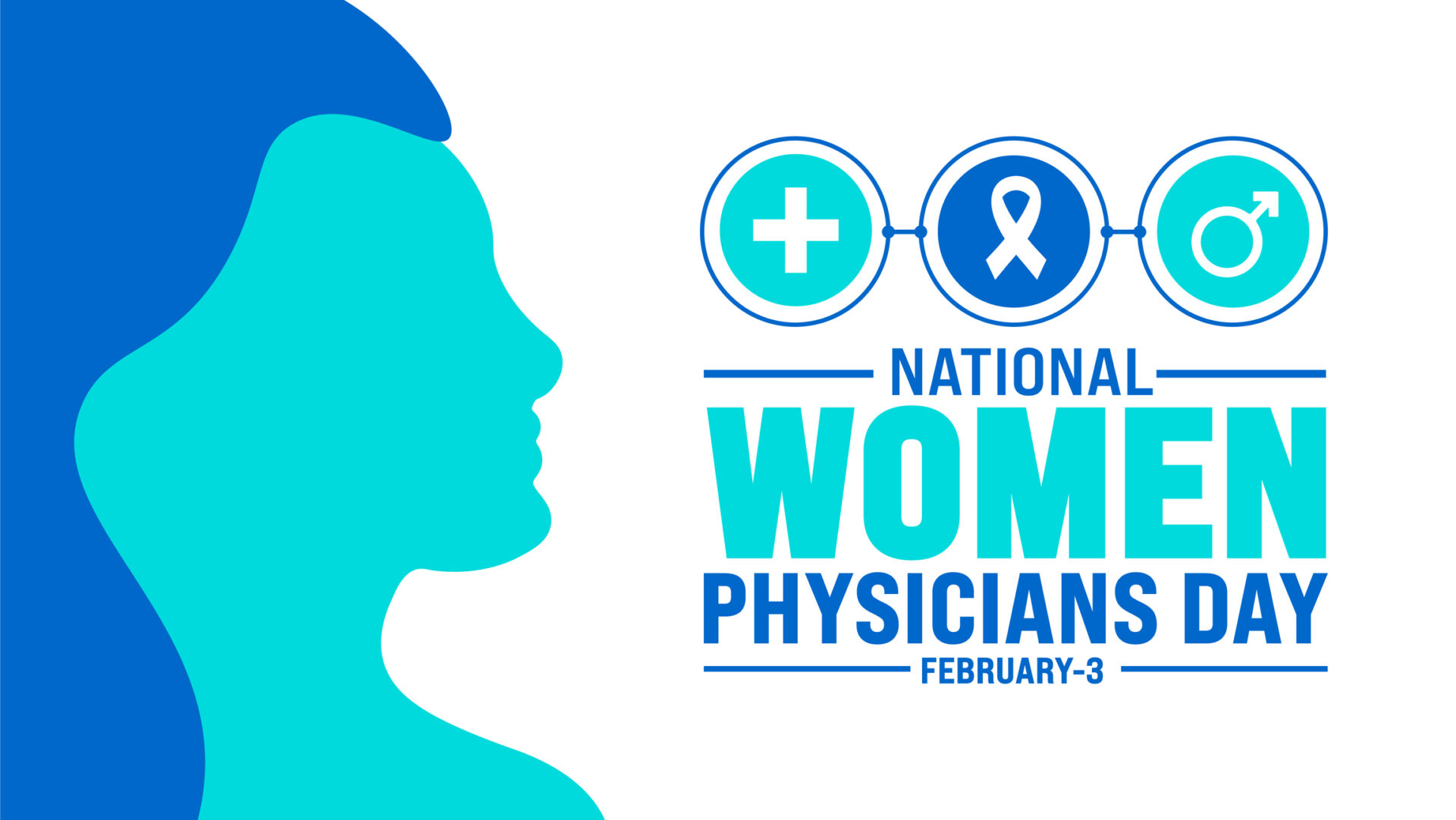
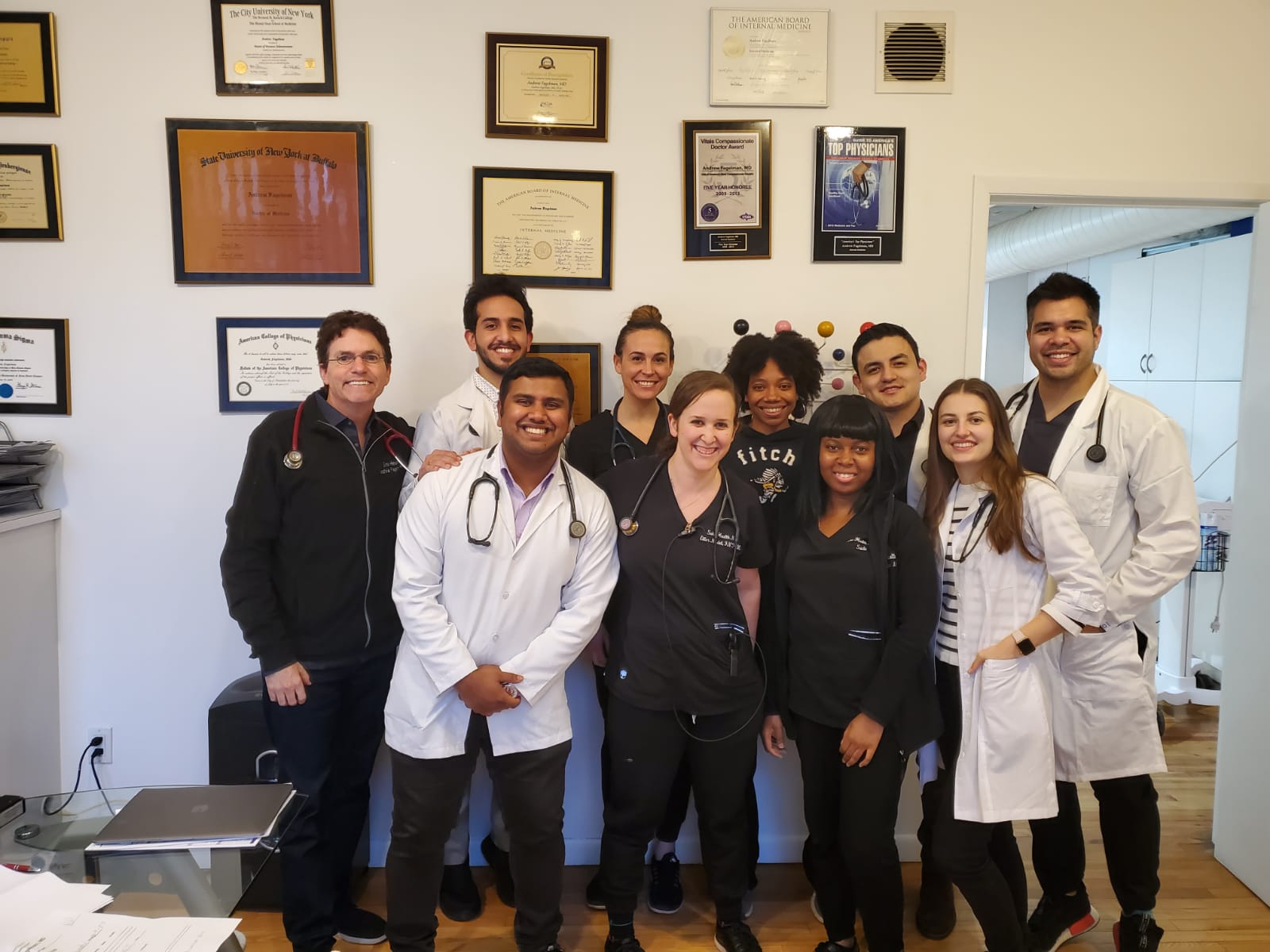
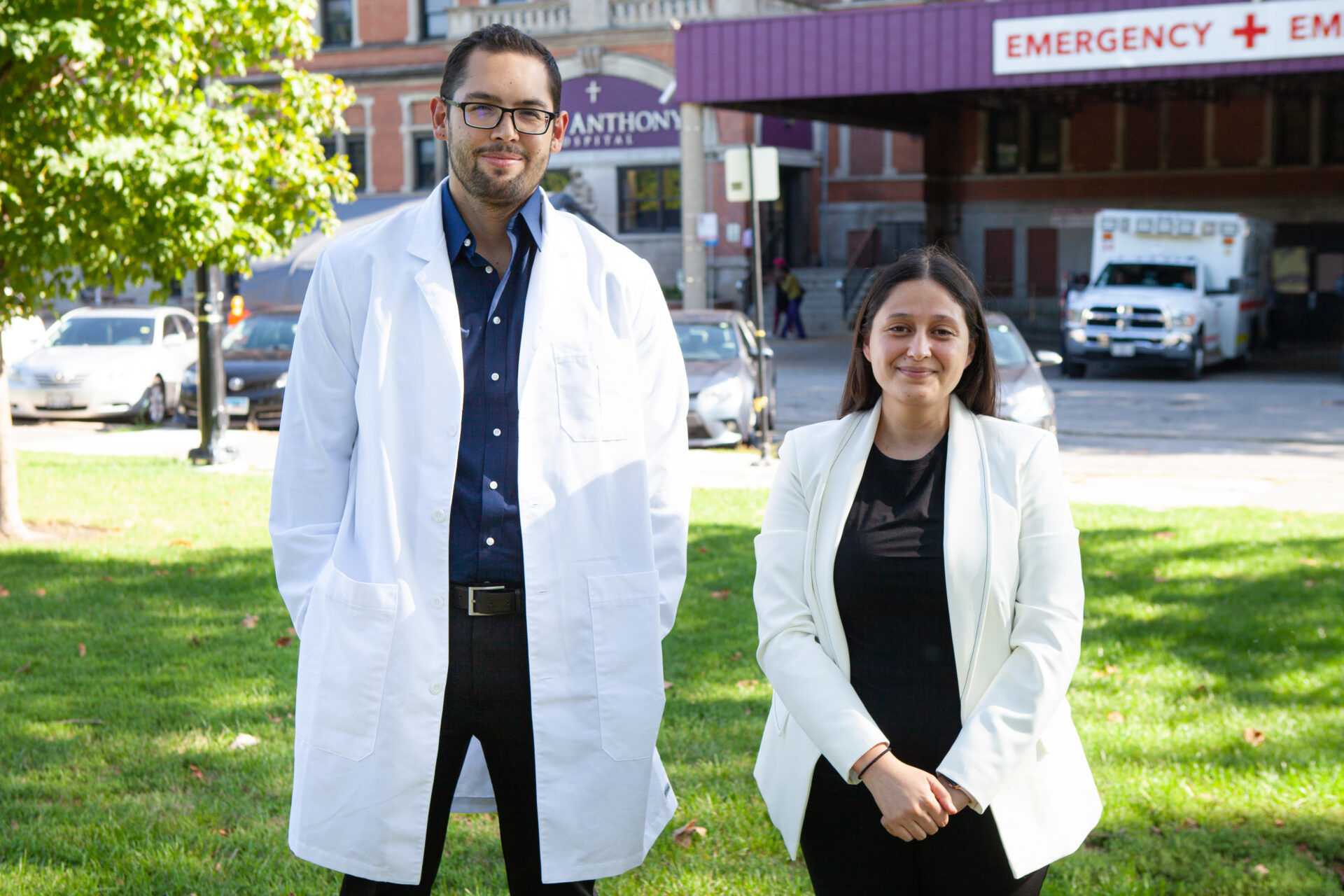
Leave A Comment